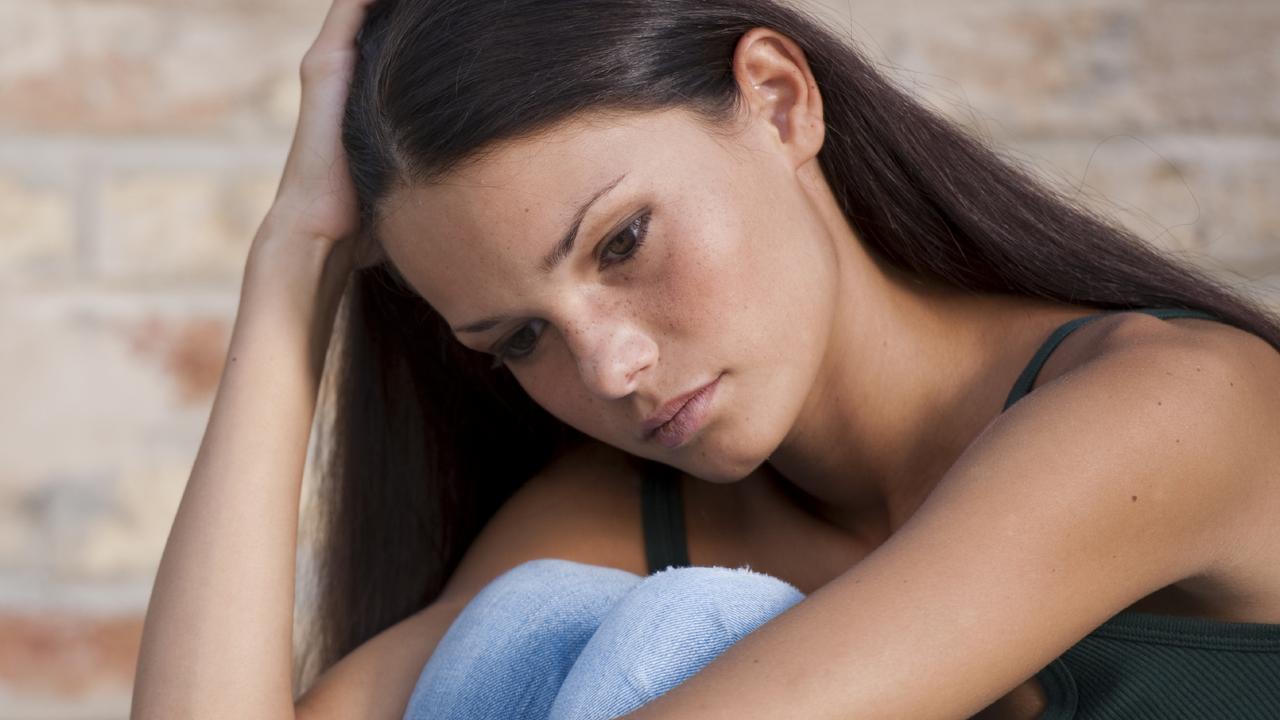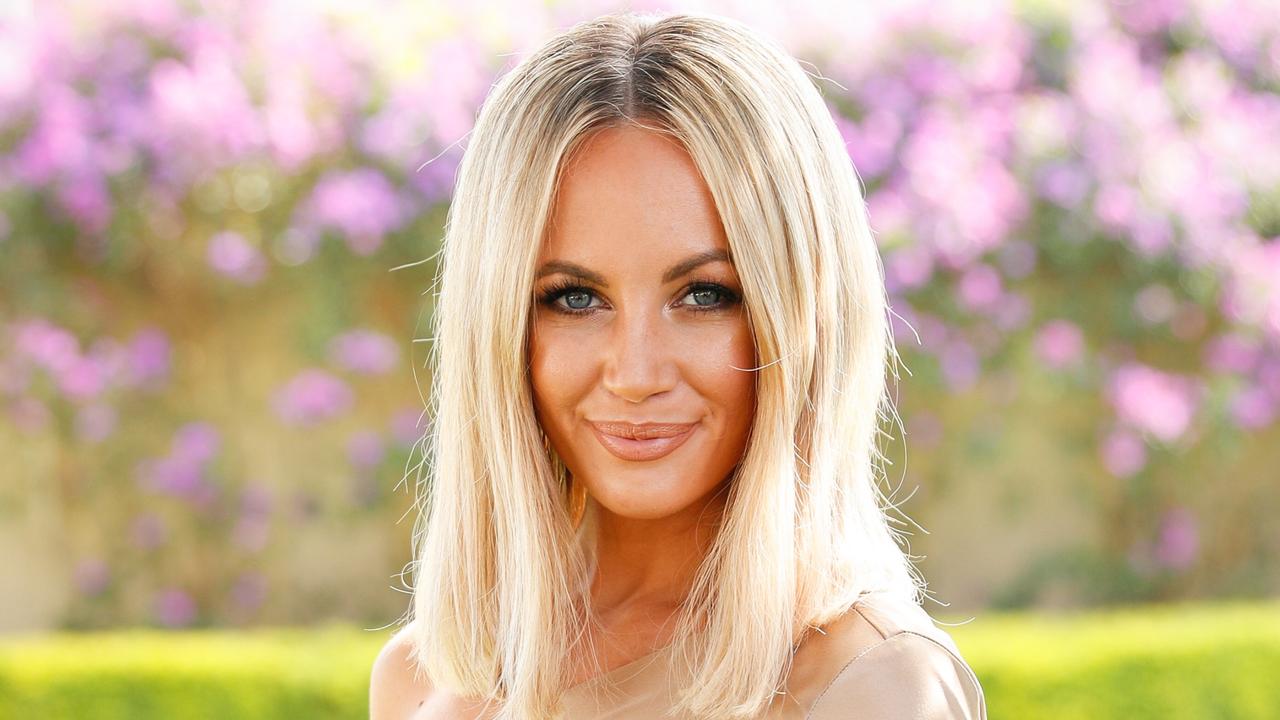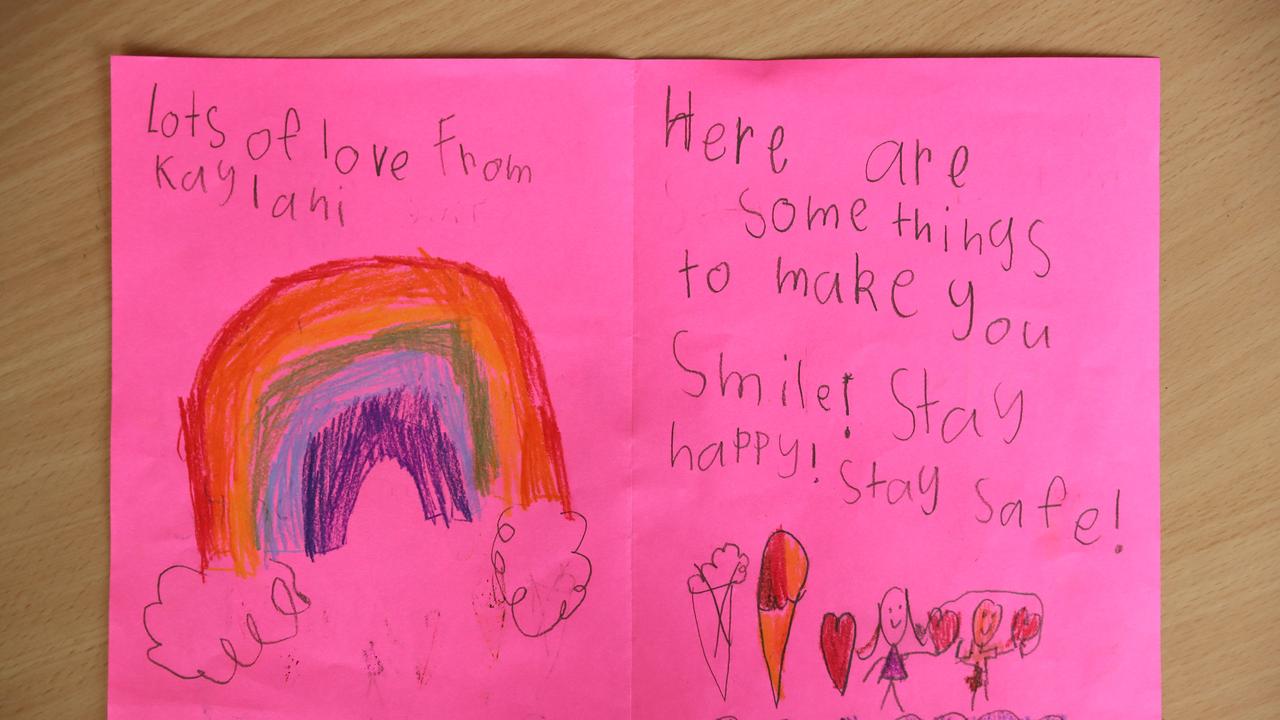Do you parent your parents too much?
WE expect our parents’ involvement in our lives to lessen as we age, but what happens when they start acting like children that we have to pull into line?

WE expect our parents’ involvement in our lives to lessen as we age, but what happens when they start acting like children that we have to pull into line?
As the eldest child and only daughter, ‘strict’ was the default parenting setting for my folks who spent my teen years shielding me from anything they felt was a threat to their little girl’s innocence.
They’d insist on calling the parents of every party I was invited to confirm the supervision situation.
And if it was deemed acceptable (hooray), they’d be out the front by 11pm in their Commodore ready to whisk their Cinderella away.
Somewhere along the way though, it seems our roles have switched.
Instead of them berating me up for my potty mouth or inappropriate outfits, I’m now more likely to be taking calls to workshop their life decisions or pulling them up for ridiculous behaviour.
ANIMALS: Adorable way to cure your stress
HEALTH: You’re doing napping all wrong
I talk to Dad about modern marketing methods for his business, I counsel them when they’re getting on each other’s nerves, and I’ve lost count of the number of times I’ve explained that yet another fad diet is really not the lifelong solution to a healthy weight.
I’ve even had to give mum a few Facebook pointers after her teenage alter-ego let loose and she was liking and commenting on EVERYTHING she saw (not to mention the fact the O-M-G and L-O-L keys on her laptop were pretty much worn out).
And it appears I’m not the only one.

A quick email poll among my friends saw my inbox flooded with stories about people chastising their dads for wearing Speedos while hosting barbecues and mums being reminded that taking your blood pressure medication isn’t actually optional.
Kudos goes to our parents for all the hard work they put in during the 20-odd years they raised us but it would have been nice if someone had warned us that we were going to end up the one dishing out most of the advice.
Clinical psychologist Sally-Anne McCormack describes the relationship as a bell curve.
“You go from a child-parent relationship to one that’s kind of friendly, then the roles reverse and the parent slowly becomes more childlike,” she says.

Perhaps it’s got to do with the fact that at least 31 per cent of us move back in with our parents after first leaving the nest.
We’ve seen the world, had our independence and come home with more than a few ideas about how our parents should be running their lives.
On top of that, our parents let their true personalities shine when they don’t have to be that pillar of strength.
“There’s a certain freedom once your children grow up,” McCormack explains.
“They’ve had to have this image of being a rock and have had to filter things they’ve said. They start doing things like swearing or making dirty jokes and children can be shocked.”
Sue Yorston, the senior manager for social inclusion at Relationships Australia, says older generations have never felt so young.

“It’s very different from previous generations where there really was this gearing down and less options to do things,” she says.
“Now they are saying, ‘I don’t have to retire when I’m 60. I can keep working and keep travelling and still get out there and have a good time’.”
And sometimes, we just need to give them a little nudge in the right direction.



